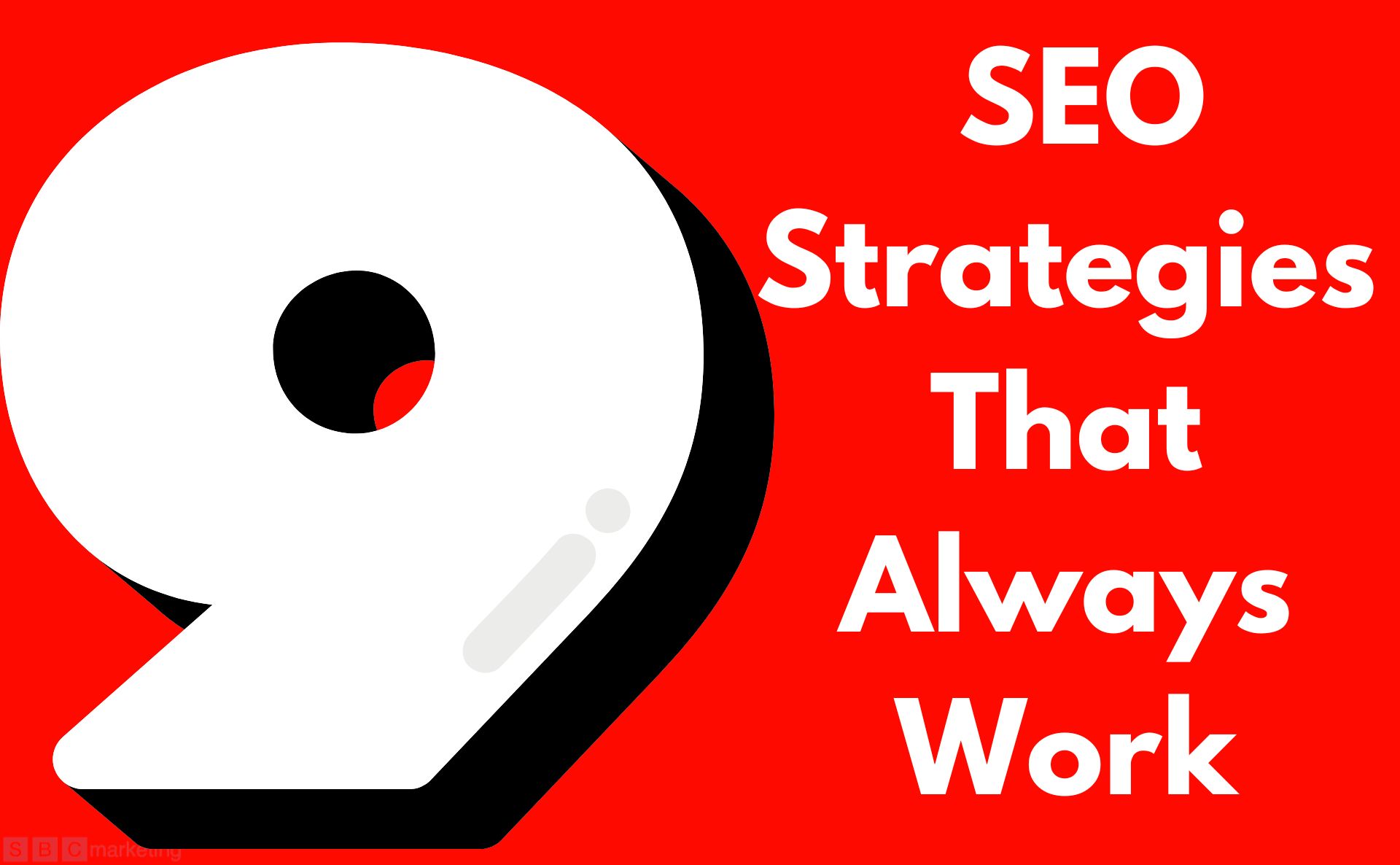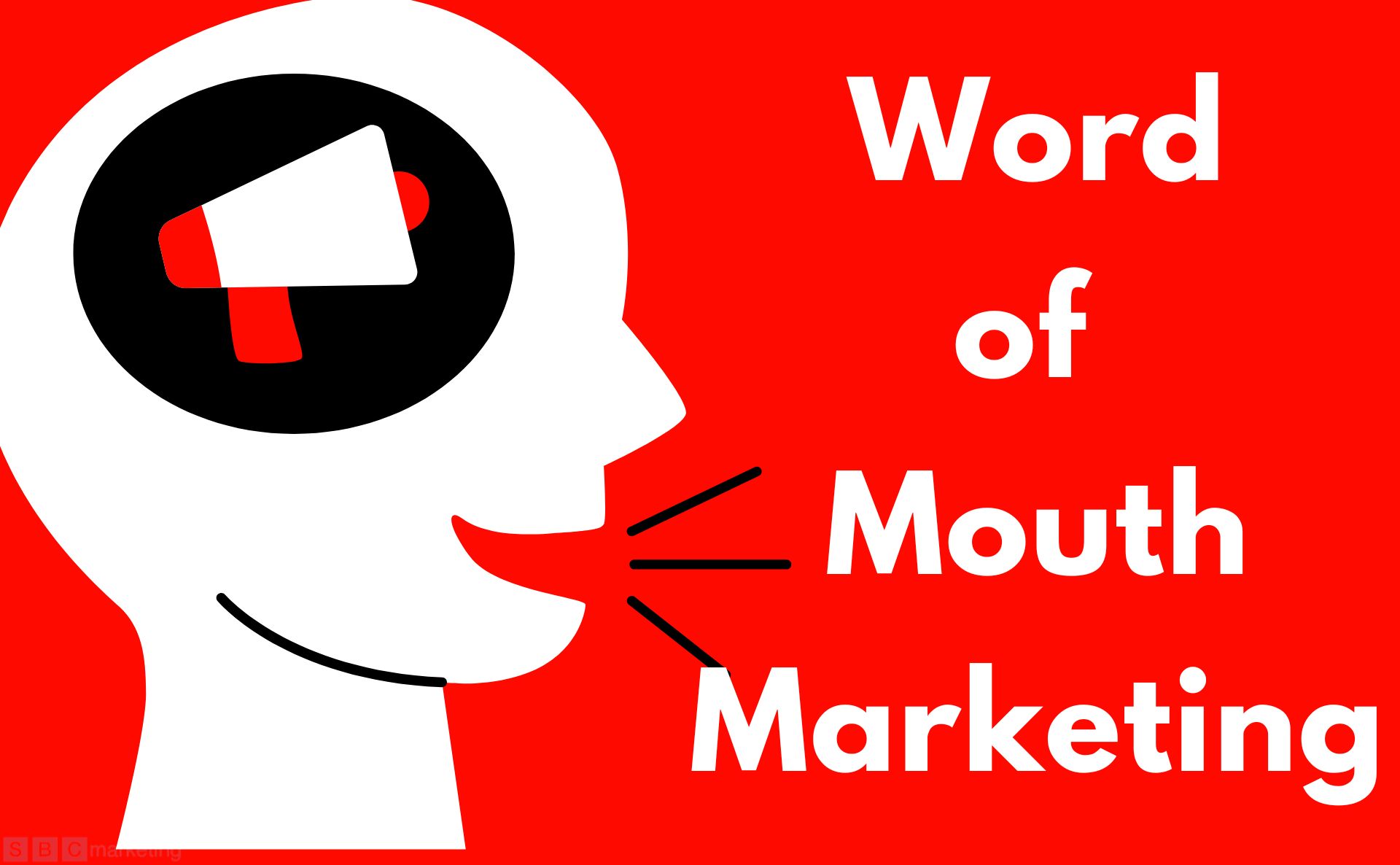Understanding the Sales Process for Small Business
What is a Sales Process for Small Business?
The sales process for small business is more than just a series of steps; it’s a strategic framework designed to guide potential customers from initial contact to final purchase. It typically consists of stages like prospecting, approach, presentation, follow-up, closing, and post-sale relationship management.
Why is a Structured Sales Process Important?
A structured sales process for small business is crucial for small businesses because it provides a roadmap for navigating the complexities of selling. It ensures consistency in customer interactions, helps sales teams stay organised, and enables businesses to identify areas for improvement.
Prospecting: Launching Your Sales Journey
Identifying Your Target Market
Identifying your target market involves understanding who your ideal customers are based on factors like demographics, psychographics, and buying behaviors. Conduct market research to gather insights and tailor your approach to meet the needs of your target audience effectively.
Effective Techniques for Lead Generation
Lead generation is the process of attracting and capturing potential customers’ interest in your products or services. Effective techniques include content marketing, email campaigns, networking events, and social media outreach. By diversifying your lead generation efforts, you can reach a wider audience and increase your chances of success.
Approach: Making the First Contact
Crafting Your Pitch: The First Impression
Crafting a compelling pitch is essential for making a positive first impression on potential customers. Focus on communicating your unique value proposition and addressing the prospect’s pain points. Tailor your message to resonate with their needs and objectives to capture their attention from the outset.
Timing and Preparation for Initial Contact
Timing is crucial when making the initial approach. Research your prospects beforehand to gather relevant information about their business, industry trends, and pain points. Use this knowledge to customize your approach and demonstrate your understanding of their specific challenges and needs.
Presentation: Demonstrating Value
Tailoring the Presentation to the Customer’s Needs
A successful sales presentation focuses on demonstrating how your product or service can solve the prospect’s problems or fulfill their needs. Tailor your presentation to address their pain points directly and showcase the unique features and benefits of your offering.
Using Visuals and Demonstrations Effectively
Visual aids such as slideshows, product demos, and case studies can enhance the effectiveness of your presentation. Use visuals to illustrate key points, convey complex concepts, and evoke emotions. Demonstrations allow prospects to see your product or service in action, making it easier for them to envision its value.
Follow-Up: Nurturing the Potential Sale
When and How to Follow Up
Effective follow-up is essential for maintaining momentum and moving the sales process for small business forward. Determine the appropriate timing for follow-up based on the prospect’s level of interest and engagement. Use a combination of email, phone calls, and personalised messages to stay top-of-mind and address any questions or concerns they may have.
Tools for Effective Follow-Up
CRM (Customer Relationship Management) software is a valuable tool for managing follow-up activities and tracking interactions with prospects. Use CRM systems to schedule follow-up reminders, automate email sequences, and monitor the status of leads throughout the sales pipeline. This ensures that no opportunity falls through the cracks and helps sales teams prioritize their efforts effectively.
Referral: Leveraging Customer Satisfaction
Encouraging Referrals from Existing Customers
Satisfied customers are your best advocates. Encourage them to refer their friends, colleagues, and contacts to your business by offering incentives or rewards for successful referrals. Word-of-mouth referrals carry significant weight and can result in high-quality leads with minimal acquisition costs.
Managing and Rewarding Referrals
Implement a referral program to streamline the referral process and incentives customers to participate. Offer rewards such as discounts, exclusive offers, or loyalty points for every successful referral. Recognize and reward customers who refer new business to you, reinforcing their loyalty and encouraging continued advocacy.
Maintaining Customer Relationships
Building Long-Term Engagement
Building long-term relationships with customers is essential for fostering loyalty and driving repeat business. Stay in regular contact with customers through personalised communications, follow-up calls, and special offers. Demonstrate your ongoing commitment to their success and satisfaction to strengthen your relationship over time.
Using Feedback to Improve Service
Feedback is a valuable source of insight for improving your products, services, and customer experience. Solicit feedback from customers through surveys, reviews, and direct conversations. Act on their suggestions and address any issues or concerns promptly to show that you value their input and are committed to continuous improvement.
Conclusion: Sustaining Growth in Your Sales Process

Recap of Key Sales Process for Small Business Strategies
Implementing a structured sales process for small business can significantly impact your business’s success. By prospecting effectively, making compelling approaches, delivering value-driven presentations, nurturing leads through follow-up, leveraging referrals, and maintaining strong customer relationships, you can drive sustainable growth and achieve your sales goals.
Future Trends in Sales Process for Small Businesses
As technology and consumer behavior continue to evolve, small businesses must adapt their sales strategies to stay competitive. Keep an eye on emerging trends such as AI-powered sales tools, omnichannel marketing, and personalised the customer experiences to stay ahead of the curve and capitalise on new opportunities.
For expert guidance in implementing these strategies and optimising your sales process for small business for maximum results, contact SBC Marketing London today!










